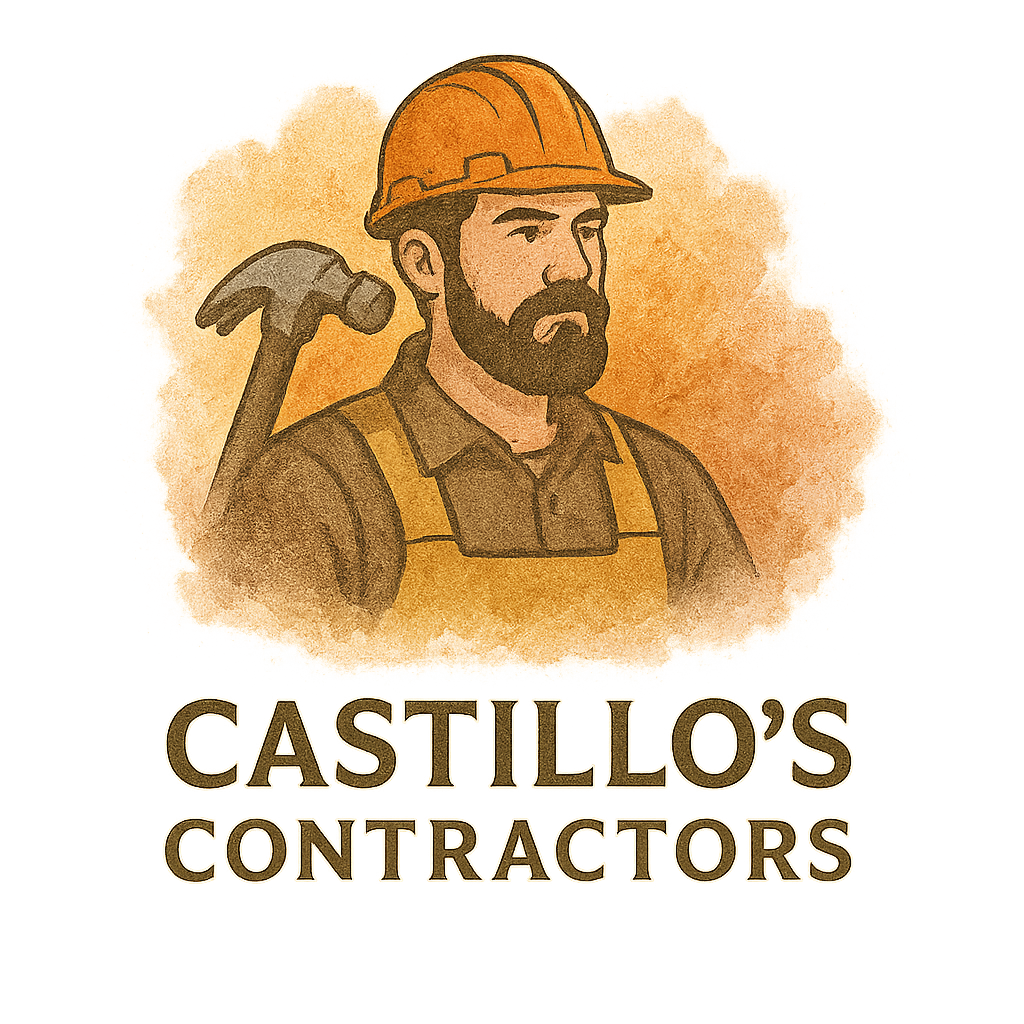Introduction: Why Contractor Agreements Are Non-Negotiable
Let’s face it—contracting projects can quickly go sideways without the right paperwork. Whether you’re planning a full-blown home renovation or a large-scale commercial construction, one thing is certain: solid documentation protects everyone involved.
Without a proper contractor agreement, you’re basically building on sand. So let’s fix that. Below are six essential documents every contractor agreement must include to ensure your project is rock-solid.
1. Scope of Work Document
What Is It and Why It Matters
This is the blueprint for your project (pun totally intended). A Scope of Work (SOW) details what’s being done, how it’s being done, and who’s doing what. Think of it as the project’s DNA—it should be that detailed.
Whether you’re working with residential contractors or commercial contractors, this document defines responsibilities, deliverables, and limitations. No gray areas.
Common Mistakes to Avoid
One common pitfall? Vague language. “Remodel kitchen” isn’t enough. What exactly is being remodeled? Cabinets? Counters? Flooring? Get granular to avoid confusion later.
👉 Tip: Check out these helpful construction tips before writing your scope.
2. Payment Terms and Schedule
Setting Clear Expectations
This part of the agreement outlines exactly how and when the contractor gets paid. Will it be hourly, flat-rate, or milestone-based? When is the deposit due? When is the final payment released?
A transparent payment structure is the key to keeping everyone happy—and the work flowing.
How This Helps Avoid Disputes
Payment disagreements are one of the top reasons projects stall or end up in court. Don’t let a vague clause ruin your renovation dream. Be upfront, clear, and specific.
✅ Learn more about hiring management tactics to avoid common pitfalls.
3. Project Timeline
Milestones and Deadlines
Every solid contractor agreement needs a timeline. This includes start dates, milestone checkpoints, and a target completion date. Think of it like a GPS for your project—everyone stays on track.
You wouldn’t book a hotel without knowing when you’re checking in and out, right? Same thing here.
What Happens If There Are Delays?
Weather, material shortages, or surprise structural issues can slow things down. That’s why it’s smart to include a delay clause that explains what happens if the unexpected hits.
🛠️ More on project planning in our Project Planning tag.

4. Change Order Clause
Scope Creep Is Real
You’re halfway through your kitchen remodel and decide, “Hey, why not open up the dining room too?” That’s what we call scope creep—and it happens all the time.
A Change Order Clause ensures every little (or big) tweak gets formally documented and approved. No surprises. No “he said, she said.”
Keeping Changes Documented
Without this clause, you risk miscommunication and, frankly, budget nightmares. It protects both the client and contractor from scope confusion.
📑 See our guide to remodeling & renovation for best practices.
5. Termination Clause
Why It’s Essential for Both Parties
Sometimes, things just don’t work out. Maybe the contractor vanishes mid-project, or maybe the client ghosts after paying the deposit. That’s where a Termination Clause comes in.
This clause lays out the conditions under which either party can walk away from the agreement—legally and without drama.
Avoiding Legal Trouble Later
Without a termination clause, you could find yourself knee-deep in unfinished drywall with no way out (legally speaking). Don’t skip this.
🔎 For insights from seasoned pros, visit our expert contractors tag.
6. Warranties and Liabilities
Who’s Responsible for What
Warranties clarify who’s responsible if something breaks or isn’t up to snuff. Is the contractor covering parts? Labor? Both?
This section is all about accountability—and peace of mind.
What a Warranty Should Include
A solid contractor warranty should cover at least one year post-completion and include terms for labor, materials, and workmanship.
🔐 For smarter home improvement decisions, always demand a clear warranty.
Extra Documents to Consider
Insurance Certificates
Ask for proof of general liability insurance and worker’s compensation. Accidents happen, and this protects both parties.
Licenses and Permits
Ensure your contractor is licensed to work in your state and that all necessary permits are pulled before work begins. Skipping this is like skydiving without checking the parachute.
🚧 Browse our contractor tips for more red-flag warnings.
Red Flags in Contractor Agreements
- Vague or missing clauses
- No mention of liability or insurance
- Missing payment milestones
- No start or end dates
- One-sided termination terms
If your agreement looks like a napkin scribble, run. And check our reliable contractor checklist before you commit.
How to Get a Flawless Build from Day One
Planning leads to execution. An agreement filled with the right documents ensures your project stays on schedule, on budget, and stress-free.
Need help finding someone you can trust? Check out Castillos Contractors—they’re pros at flawless builds and renovations.
Contractor Agreement Tips from the Experts
- Always review with a legal professional
- Use templates but personalize them
- Communicate often—before and during the project
- Keep digital and paper copies of everything
- Require signatures from both parties on all documents
🧠 For more wisdom, check out our construction tips tag.
Importance of Reliable and Professional Help
Working with reliable residential contractors or professional commercial contractors isn’t just a preference—it’s a must. The quality of your agreement will reflect the quality of your build.
You want a team that prioritizes documentation, planning, and transparency from Day One.
Conclusion: Paperwork That Protects Everyone
Contractor agreements aren’t just paperwork—they’re the foundation of your project. Without them, you’re gambling with your time, budget, and sanity.
When your agreement includes a solid Scope of Work, clear payment terms, a timeline, a change order process, a termination clause, and a section on warranties, you’re building smarter—not just harder.
So before the first nail is hammered, make sure the ink is dry on a complete, airtight agreement.
FAQs
1. What is the most important document in a contractor agreement?
The Scope of Work—because it defines everything that’s supposed to happen during the project.
2. Can I write my own contractor agreement?
Yes, but it’s wise to use a legal template and consult an attorney to avoid loopholes.
3. What happens if my contractor refuses to sign an agreement?
Big red flag. Walk away. Always insist on a signed agreement.
4. Is it legal to work without a contractor agreement?
Technically, yes. But it opens the door to misunderstandings and legal headaches.
5. How do I know if a contractor is reliable?
Look for licenses, reviews, a detailed contract, and clear communication. Start with Castillos Contractors.
6. Should my contractor be insured and bonded?
Absolutely. This protects you in case of accidents or project abandonment.
7. Where can I learn more about managing construction projects?
Head over to our Business and Construction sections for expert guidance.


